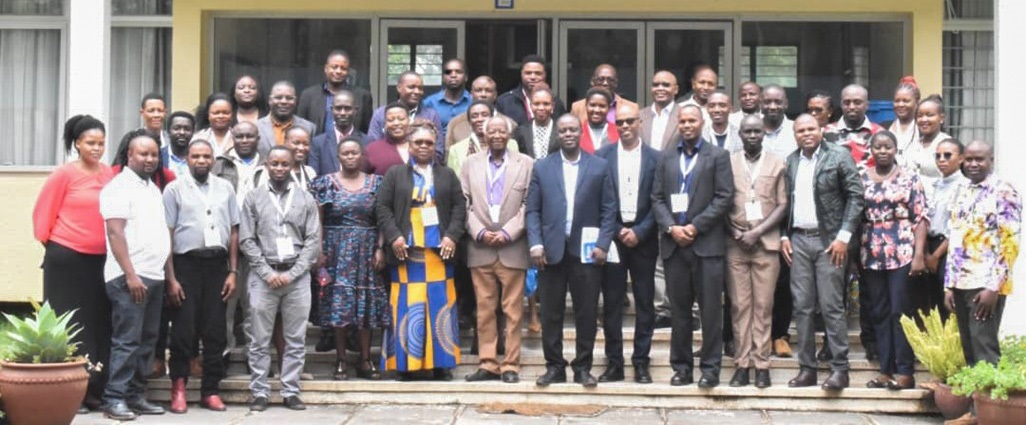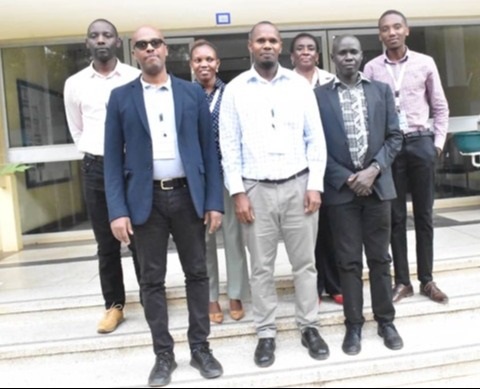
Implementing One Health strategies to control fascioliasis and schistosomiasis, Tanzania-Rwanda
Overview
Project 7: One Health approach to controlling and understanding the dynamics of fascioliasis and schistosomiasis in the context of climate change (United Republic of Tanzania and Rwanda)
Lead institutions: Kilimanjaro Clinical Research Institute (KCRI); Tanzania Plant Health and Pesticides Authority (TPHPA); University of Rwanda



